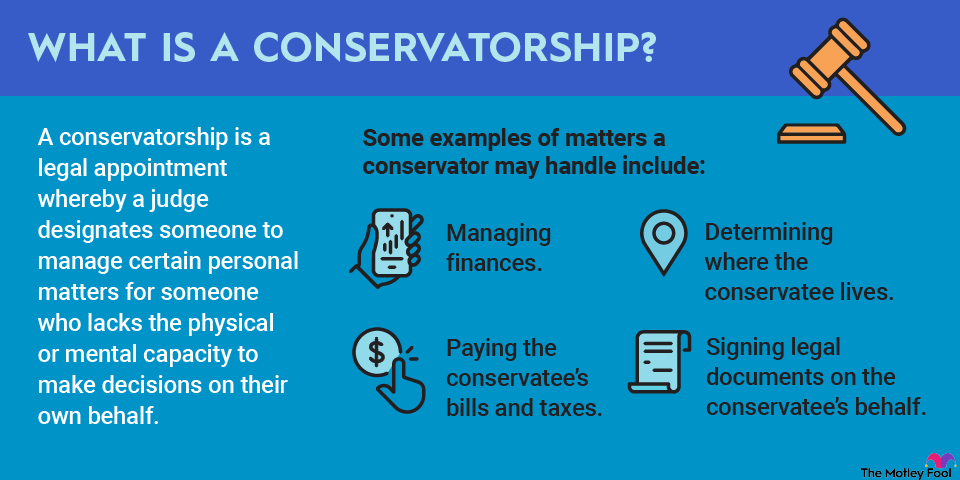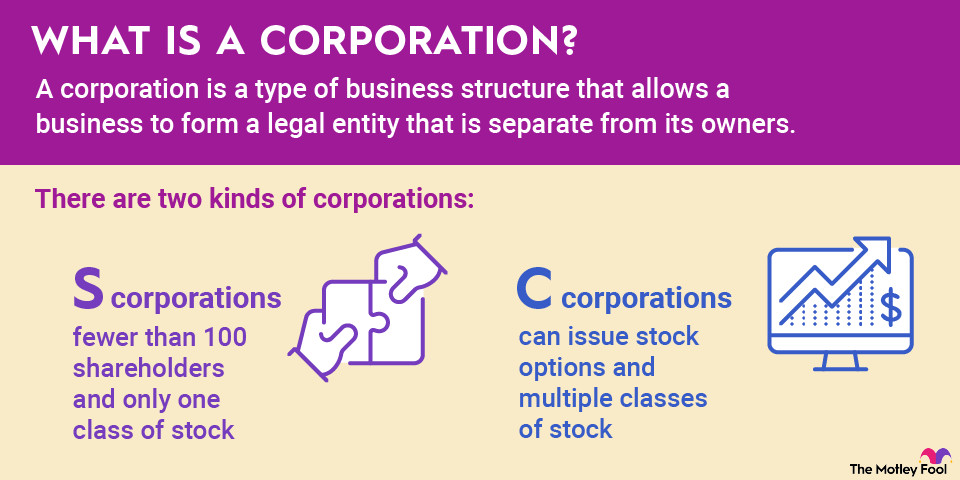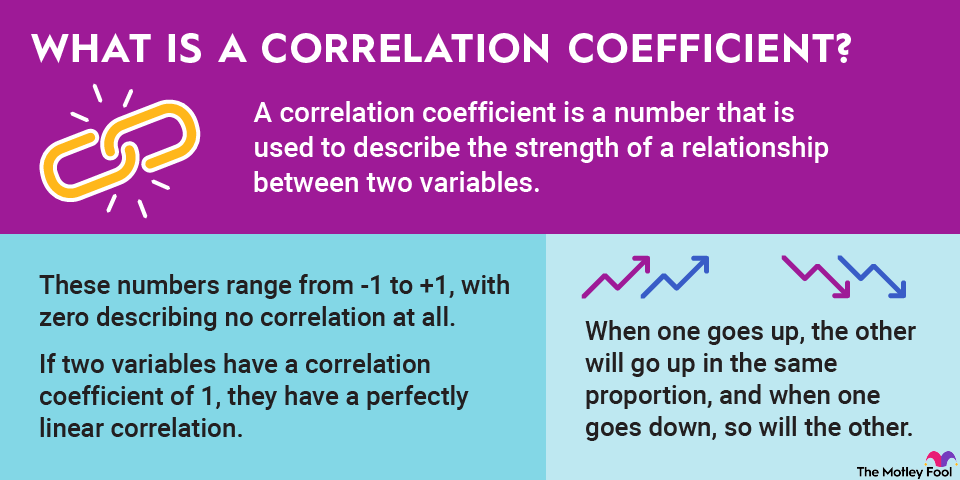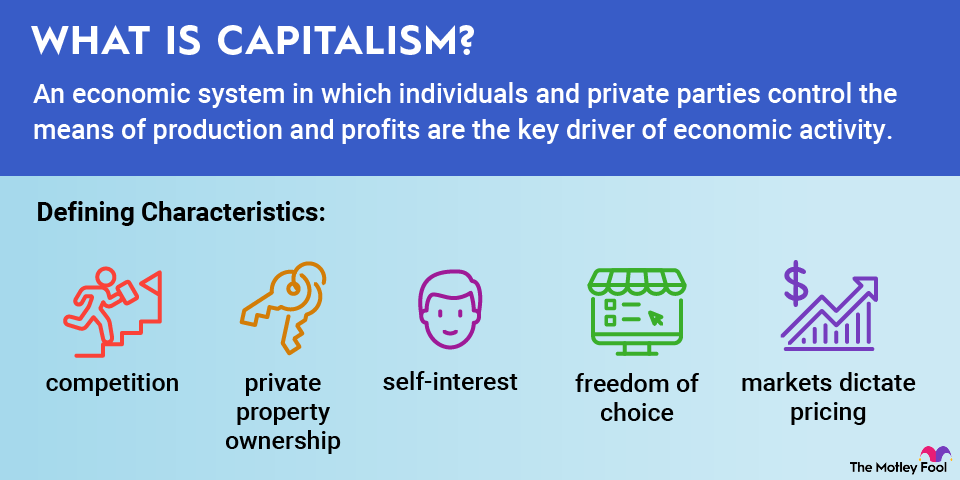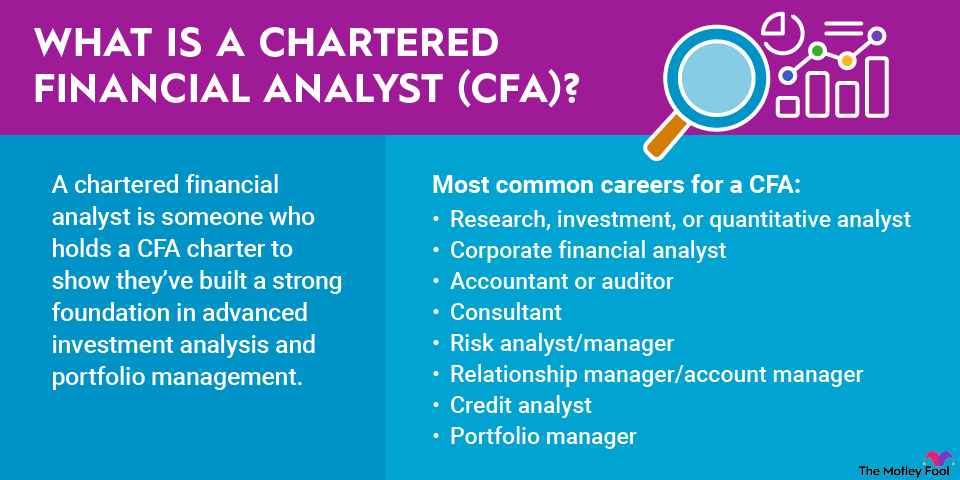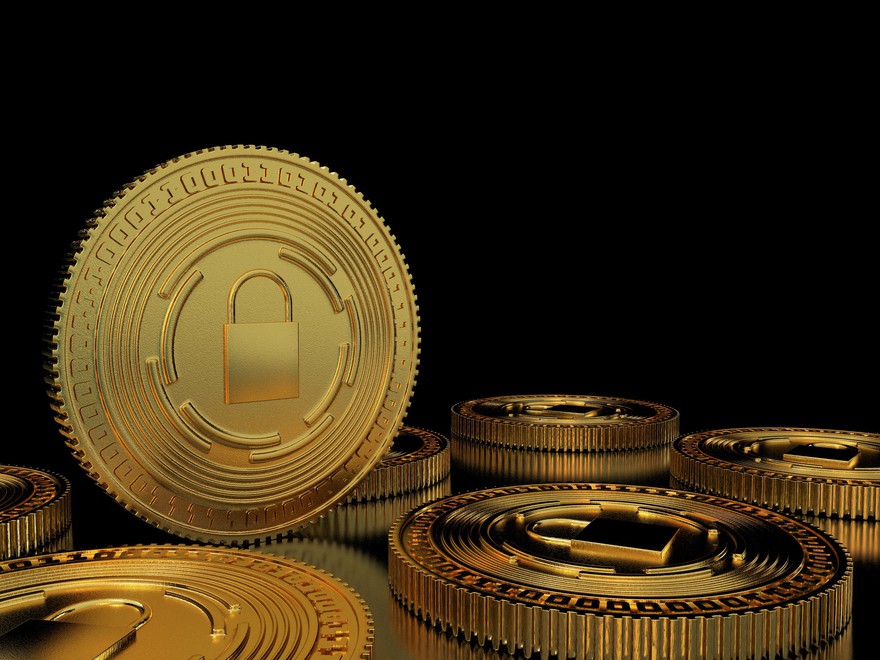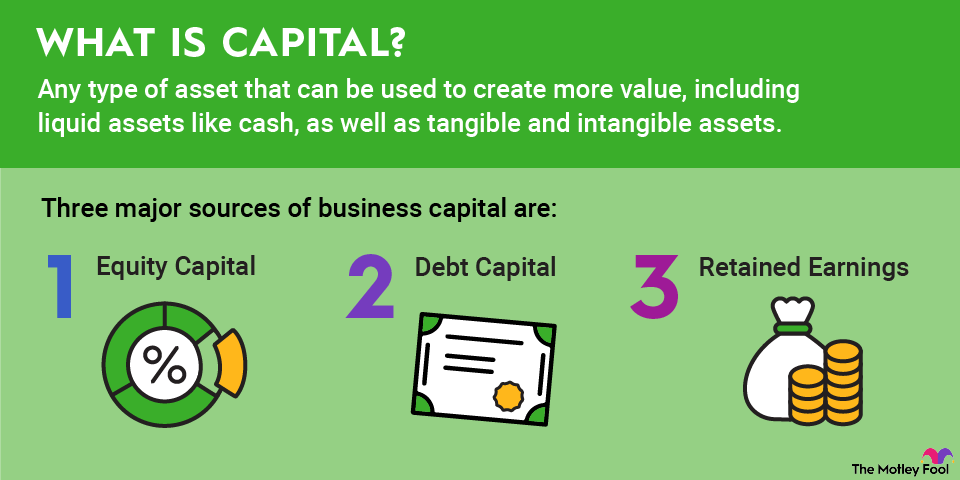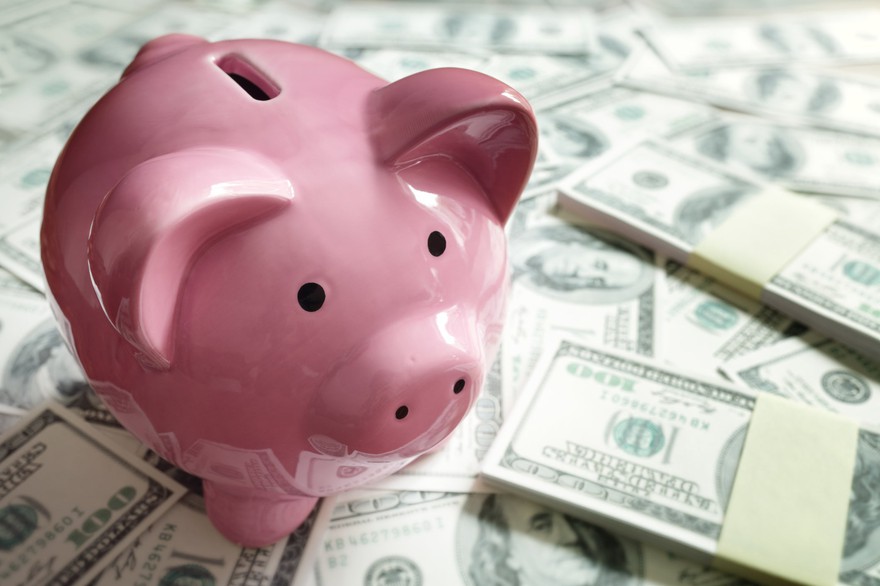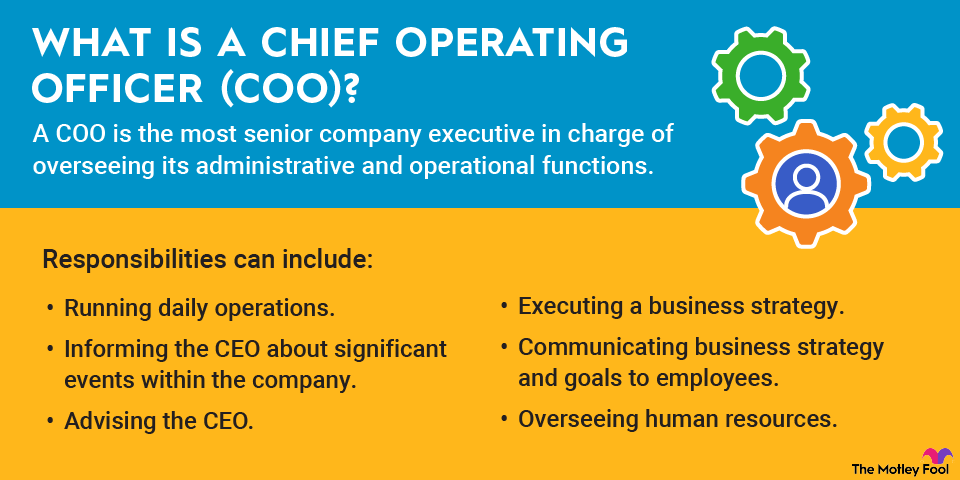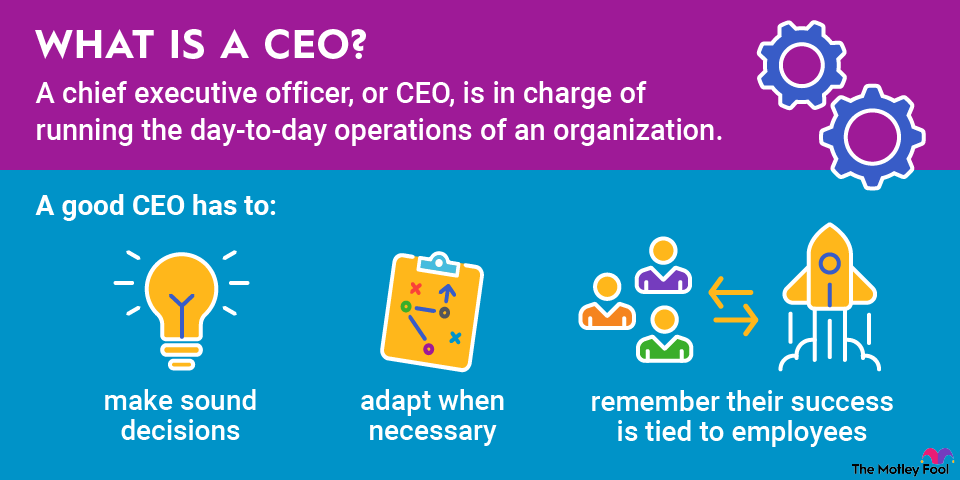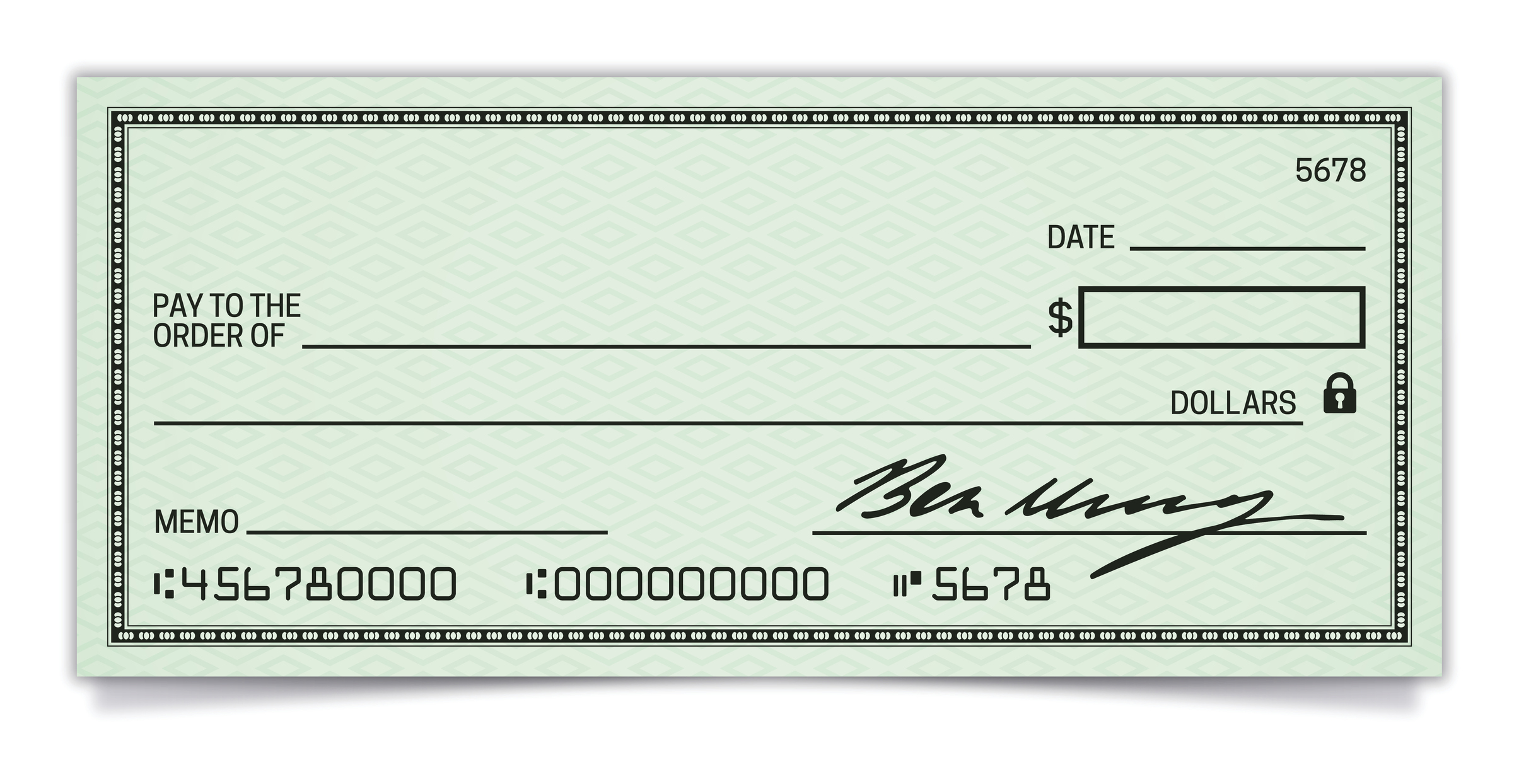Most financial experts suggest households have three to six months of living expenses set aside in an emergency fund. This cash should be separate from the checking account. The best places to hold this money are a high-yield savings account, money market account, or bank CDs. You don't want to put your emergency cash in an illiquid investment or one that could lose money, as in shares of a stock.
People with a stable job and good health can opt for having less cash in their emergency fund. Those with less predictable income, such as freelancers, might want to consider having even more cash on hand.
There's some debate about how much cash to keep in a brokerage account. Generally, most investors prefer to have at least 5% of their portfolio in cash to take advantage of buying opportunities. Others would argue that you should keep between 10% and 20% in cash as a hedge and for buying opportunities.
Younger investors who steadily deposit new funds might not want to hold much cash. But a retiree who relies on a portfolio to meet expenses might want to hold enough cash to cover spending for several months so they won't need to sell shares at lower prices during a market sell-off. Personal preference and peace of mind also play a role here. Some investors might want to keep more cash on hand as a cushion in case of a market meltdown.
